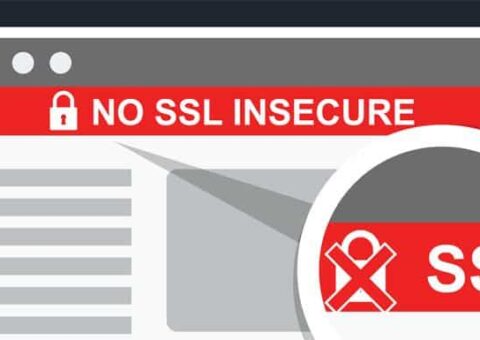Organizational Unit Fields to be Removed from SSL Certificates
Since the introduction of SSL by Netscape in 1994, digital certificates have grown along with the entire Web. Through trials and errors, innovations, and adjustments, the SSL certificates have been constantly refined to meet the most rigorous security needs. The reduction of SSL validity to just one year and the removal of the green address […]











